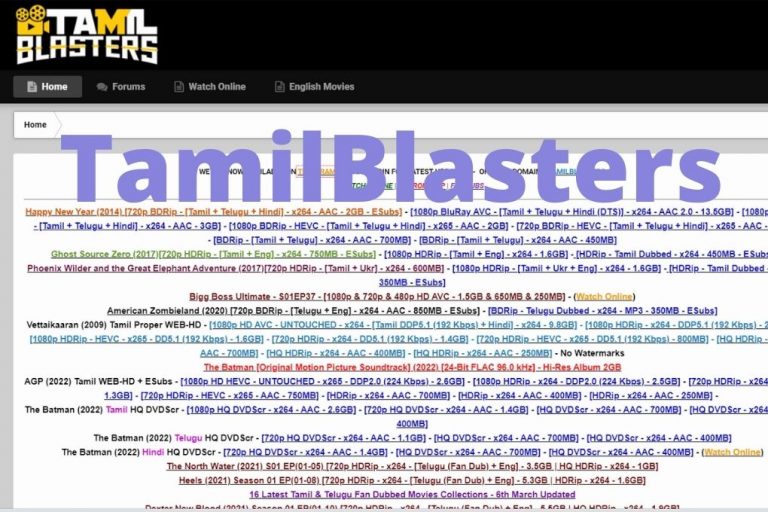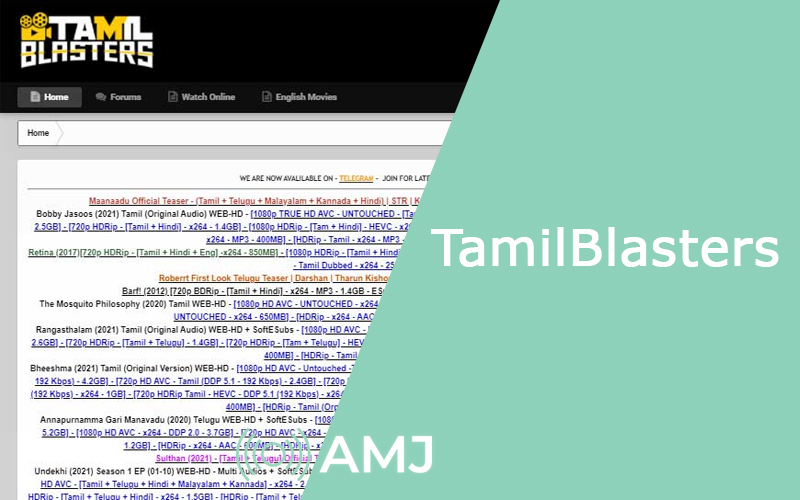Google Discover: No Results? Try These Fixes!
Are we truly at the mercy of algorithms, or do we retain the power to shape our digital experiences? The recurring frustration of "We did not find results for:" serves as a stark reminder of the limitations of search and the potential for a skewed online landscape, but it also underscores the enduring importance of precise communication and critical thinking in the digital age.
The digital world, for all its promises of boundless information, often feels like a frustrating maze. We type, we click, we hope yet frequently encounter that disheartening phrase, "We did not find results for:". This isn't merely an inconvenience; it's a symptom of the inherent complexities in how we interact with search engines and, by extension, the information they curate. It highlights the critical role of language, the power of precise phrasing, and the subtle, yet significant, ways in which our online experiences are shaped by the very tools designed to connect us to the world's knowledge. The phrase, seemingly simple, unveils the intricate dance between human intention and machine interpretation, forcing us to reconsider our assumptions about accessibility and the inherent biases that may exist within the algorithms that govern our search queries. It is a call to examine the mechanics of search, the art of information retrieval, and the ethical dimensions of an increasingly digitized world, where what we don't find can be just as significant as what we do.
This common occurrence forces us to confront the limitations of our own input. Are we using the right keywords? Have we considered synonyms? Are we perhaps being too broad, or too narrow, in our search terms? The phrase therefore acts as a subtle teacher, urging us to refine our communication skills. The act of rephrasing, of experimenting with different terms, fosters a deeper understanding of both the subject matter at hand and the underlying logic of the search engine itself. This is more than just a matter of convenience; it's a crucial skill in an era where information is both abundant and, at times, deliberately misleading. The ability to formulate effective search queries equips us to navigate the digital landscape with greater discernment, to critically evaluate the information we encounter, and to avoid being swept away by the currents of misinformation that can so easily take hold.
- Vegamovies Alternatives Find Movies Tv Shows What To Watch
- Discover Indian Cinema Stream Watch Enjoy Movies Series Today
Moreover, the absence of results can expose the inherent biases within search algorithms. These biases, often unintentional, reflect the data upon which these algorithms are trained. This can result in underrepresentation of certain viewpoints, perspectives, or historical events. Understanding this reality is fundamental in maintaining a balanced perspective on the information we consume. Being aware of how search engines work and how they might inadvertently exclude certain information equips us to actively seek out diverse viewpoints and to counter the echo chambers that can sometimes confine our thinking.
The phrase "Check spelling or type a new query" provides a critical element to the larger issue. Spelling errors are a primary reason for search failures, indicating a foundational importance of clear, accurate language. This highlights the subtle but significant relationship between our intent and our ability to translate that intent into words understood by a machine. The second part of the message offers a direction for solving the challenge, which underscores the potential to constantly improve our search strategies. This constant feedback loop of failure and re-evaluation is key to navigating the digital world more effectively. It encourages a proactive approach, emphasizing the importance of active participation in the process of information retrieval.
The "We did not find results for:" experience also opens a window into the complex relationship between search engines and information providers. Websites, databases, and other online resources must be indexed, structured, and formatted in a way that allows search engines to understand their content. The phrase therefore implicitly acknowledges the behind-the-scenes efforts of web developers, content creators, and information architects. It reminds us that the digital world is not some static repository, but rather a constantly evolving landscape, with its own set of rules, practices, and potential pitfalls.
- Hdhub4u Latest Movies Risks You Need To Know
- Jeff Ross Health Update What You Need To Know Latest News
Consider the implications for education, for research, for the very process of learning. The phrase "We did not find results for:" can be especially problematic in the context of academic research, where precision and thoroughness are paramount. It compels researchers to refine their methodologies, to consider alternative search terms, and to explore less obvious sources of information. This can be a source of frustration, certainly, but also a catalyst for deeper engagement with the subject matter and a reminder that learning is, at its heart, a process of discovery, often marked by both successes and setbacks.
The phrase itself, We did not find results for: Check spelling or type a new query, can be seen as an opportunity to improve our online literacy and become more informed consumers of information. It motivates us to critically assess the limitations of search engines, understand the biases that may exist, and develop strategies to navigate the digital landscape with greater effectiveness.
In the following table, we delve into the potential impact of search result failures on various fields. The absence of information can have significant consequences, and the table aims to illustrate the breadth of those impacts:
| Field | Potential Impact of "We did not find results for:" | Mitigation Strategies |
|---|---|---|
| Education | Limited access to research materials, hindering the learning process; reinforcing incorrect understanding if students rely on incorrect information | Emphasize the importance of using multiple search strategies (keywords, synonyms, boolean operators), cross-referencing sources, consulting with librarians/teachers. Critical thinking skills need to be taught with a focus on evaluating sources. |
| Healthcare | Doctors may fail to find the latest studies on diseases and treatments, and patients could be led to misinformation which may negatively influence their health decisions. | Regular updating of medical databases; physicians must consult various sources including academic journals. Patients need to be taught to verify health information from trusted sources. |
| Journalism | Difficulty in verifying information; failure to uncover breaking stories; perpetuation of misinformation by relying on biased sources. | Journalists must be rigorously trained in researching techniques. Fact-checking and verifying information from multiple, independent sources are paramount. |
| Legal | Attorneys fail to find crucial case precedents; limited access to vital legal information which affects legal outcomes. | A comprehensive legal research and indexing system and the employment of trained paralegals and legal research assistants can alleviate this. |
| Business | Failure to find market information, hindering accurate analysis of competition; loss of opportunity through inability to identify trends. | The adoption of data analytics software and a keen awareness of search strategies are important. Market analysts should subscribe to reliable reports. |
| Scientific Research | Difficulty finding previous related research, leading to duplicated efforts and preventing innovative approaches. | The scientific community must use standardized methods of data reporting and dissemination. They should also use extensive database searches. |
| Personal Inquiry | Inability to find useful information about various fields, leading to the creation of false, biased viewpoints. | The need to consult various sources and avoid reliance on one source. The need for media literacy and critical thinking. |
In conclusion, the seemingly simple message "We did not find results for:" serves as a potent reminder of the need for accuracy, criticality, and adaptability in the age of digital information. It is a prompt for self-reflection about our interaction with the technology, a catalyst for refining our search strategies, and a call to recognize the biases that may exist in the information we find. It encourages us to engage with the digital world actively, with a keen eye for nuance, and with a commitment to seeking knowledge in its fullest, most accurate form.



Detail Author:
- Name : Prof. Ambrose Kulas I
- Username : xschuster
- Email : white.saul@hill.com
- Birthdate : 2002-05-09
- Address : 62225 Reilly Place West Jack, WY 34816
- Phone : 801.417.5152
- Company : Mayer-Lebsack
- Job : Orthotist OR Prosthetist
- Bio : Aut saepe ratione voluptatibus non. Ut ipsa voluptatem pariatur sit. Quasi tenetur dicta officia reiciendis quaerat doloremque. Voluptatem et labore animi a natus. Tempore molestiae illum nihil.
Socials
linkedin:
- url : https://linkedin.com/in/barbara2920
- username : barbara2920
- bio : Ducimus et corporis aut.
- followers : 6949
- following : 608
instagram:
- url : https://instagram.com/bhoppe
- username : bhoppe
- bio : Tenetur alias atque id quis rerum. Commodi vero est temporibus dicta aut temporibus.
- followers : 6525
- following : 2502
